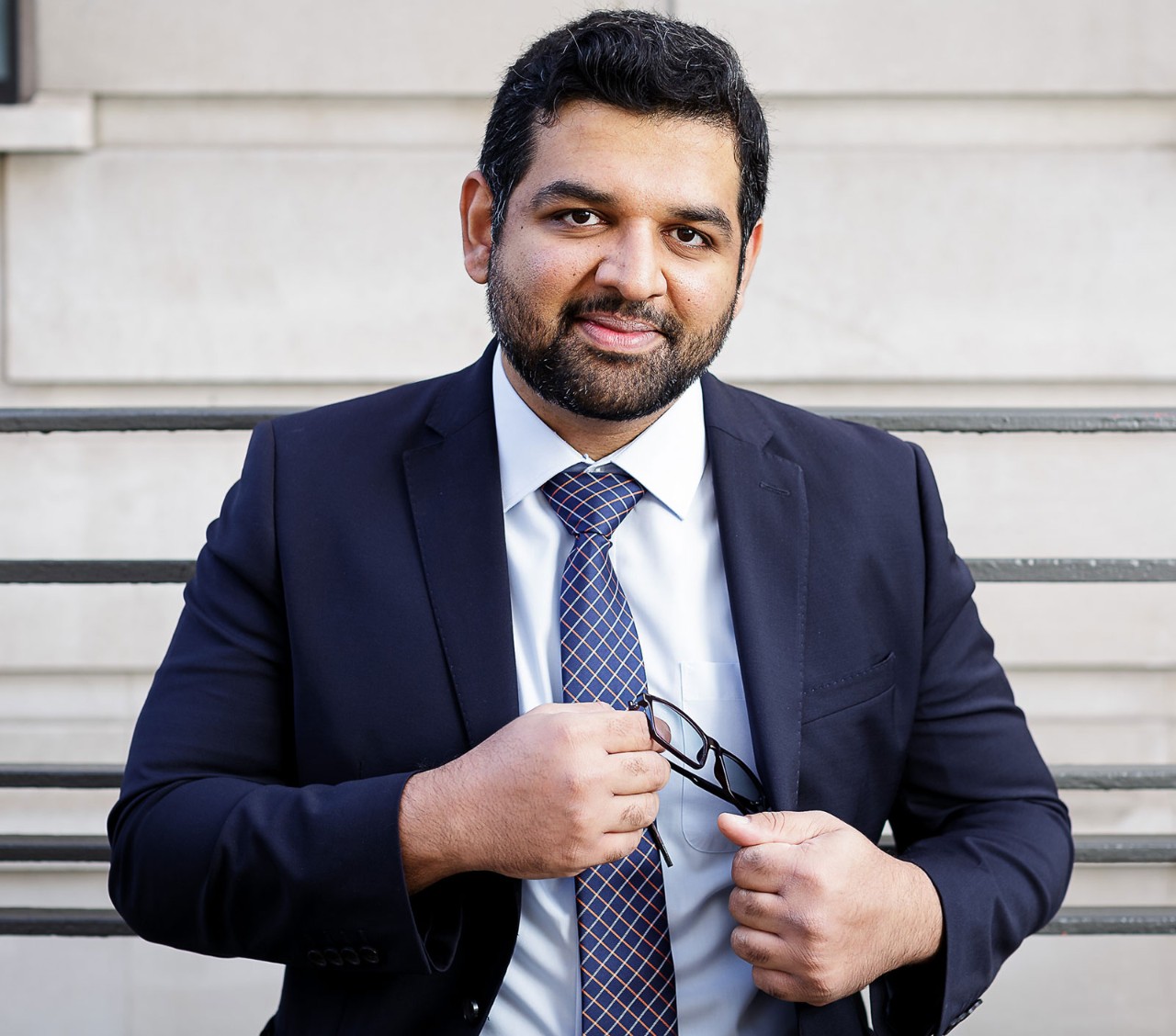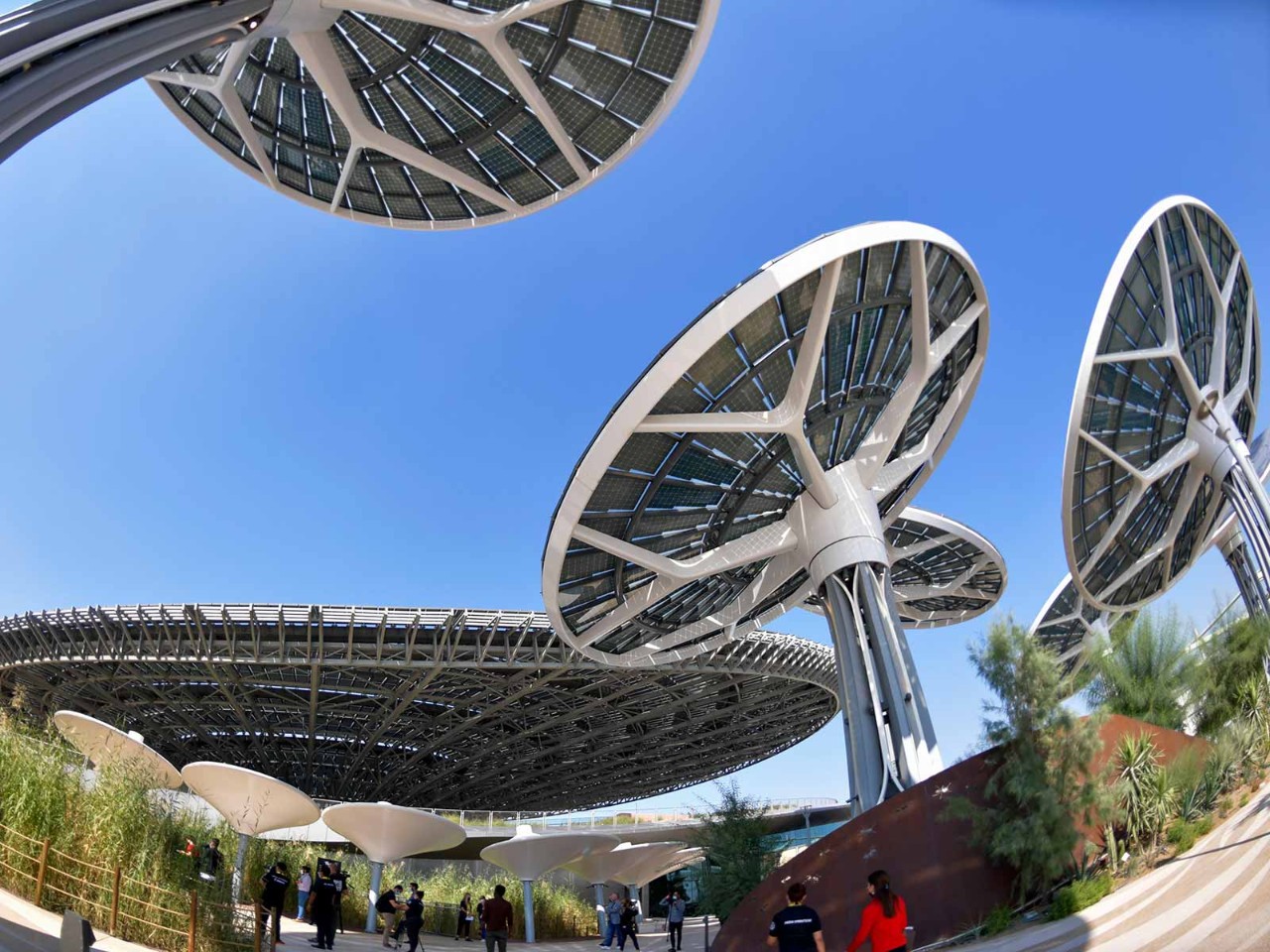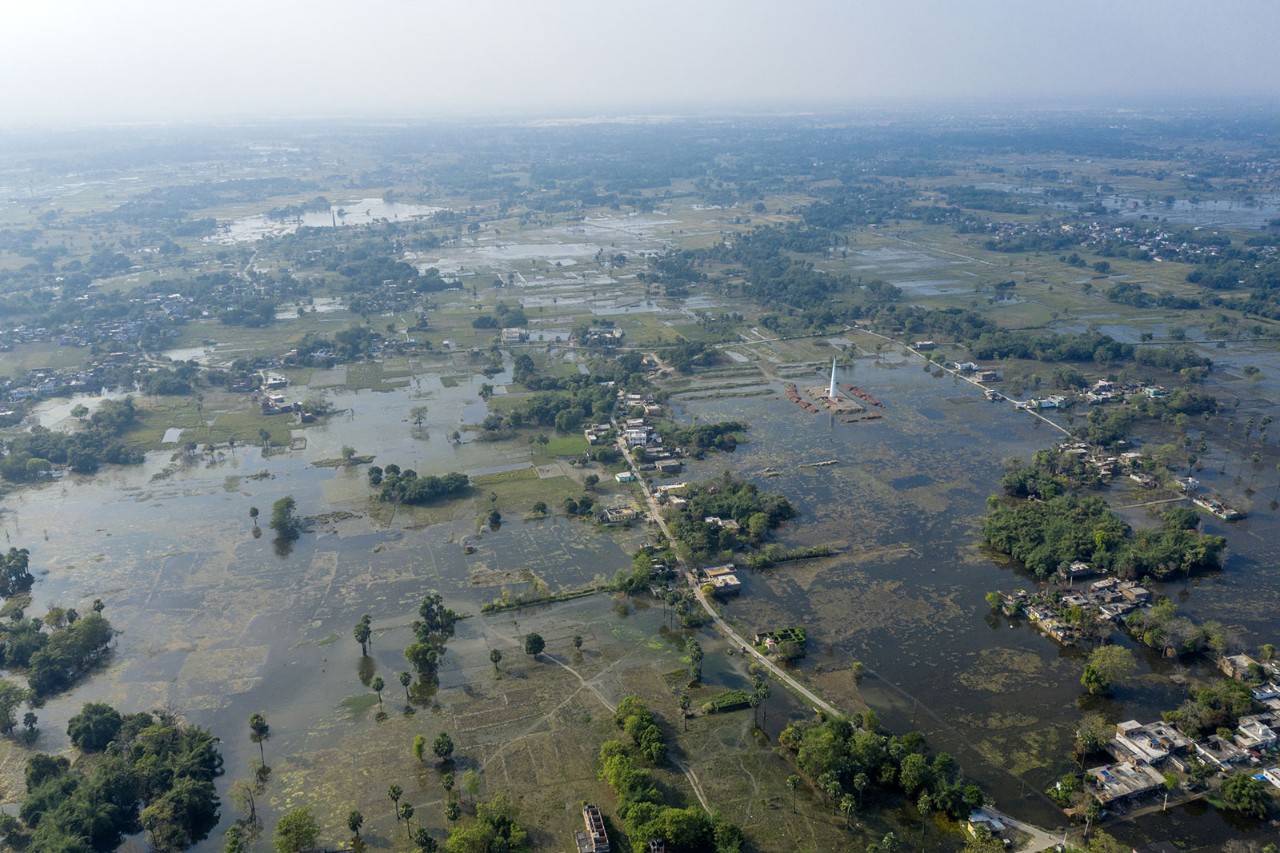
Complexity and variety among Middle Eastern geographies and economies makes climate change action in the region arguably far harder than it is in for Western countries.
Pakistan, for example, has an arid climate and an economy heavily reliant on agriculture and the textile industry. Sri Lanka’s economy, on the other hand, leans heavily on tourism and tea exports. Other economies in the region are structured around hydrocarbon extraction – oil.
And wealth disparities abound too, with rural areas filled with some of the world’s poorest people, and the cities with some of the richest. Some of these economies are underdeveloped but growing fast, many of them using fuels and running projects the industrialised West is trying to eradicate. And there is no doubt that most of these countries suffer some of the worst and most devastating effects of climate change.
So it was with no small sense of urgency that three ACCA roundtables on climate change, with representatives from Oman and the United Arab Emirates, Pakistan and Sri Lanka, discussed what needs to be done, and how.
Africa
CFOs and standard-setters in Africa discuss concerns about the continent’s unique climate challenges
'If we apply rules designed for the US to our region, there will be uproar. A global framework will not work well'
Americas
COP 26 roundtable discusses the myriad challenges of going green in the Americas
Asia Pacific
Asia-Pacific climate roundtable gets real about net-zero commitments in a warming world
Context-specific
Given that the textile industry makes up around 57% of Pakistan’s export revenues, representatives from the sector were particularly keen to discuss the impact of the climate crisis on their ability to continue operating. While participants agreed practices must change, they also acknowledged that poorly designed climate rules could devastate the industry.
‘All these global agreements are rallying platforms for alignment,’ said one. ‘But it is about social and economic change too, not just climate change,’ they explained, emphasising that the problem should be approached from as many angles as possible.
Another member from the region agreed: ‘If we apply rules designed for the US to our region, there will be uproar – it would derail the quest for development. A global framework will not work well. Climate change frameworks need to take context into account and accommodate these economies to grow and adapt using cheap energy and sustainable infrastructure.’
Green finance is key
Participants at all three roundtables stressed the need for governments in their region to do more.
‘Awareness in Saudi Arabia is very thin,’ said one. ‘In the cities you can smell sulphur in the air, but the countryside is clean. So there is a lack of political will, resulting in environmental frameworks that are not very tight.’
‘What is the financial benefit of sustainability? If accountants can explain that to the business, sustainability will take root'
A member from Pakistan said that their government ‘is doing well, but there are more opportunities for coordination with business. But the change has to happen at a business ecosystem level, and that includes sustainable finance. Science-based targets are one thing, but many companies don’t have the funds.’
This is especially true for businesses that are not part of a multinational organisation – around 90% of all the enterprises in Pakistan. ‘We need funds from development banks and ordinary banks,’ said one participant. ‘Green finance is key.’
But a member from Sri Lanka said: ‘Green bonds are a good idea, but we need to build awareness at a lower level first. Sri Lanka is further behind in its understanding and integration of climate efforts into everyday business.’
There are other barriers too. ‘Many of the green solutions and innovations offered are very expensive and sometimes unproven,’ said one participant. ‘It would help if big companies bought into them, experimented and showed the rest of us what savings are possible. Accountants need to be leaders too, not just accountants.’
Best placed to lead
Another participant from Sri Lanka agreed that accountants were uniquely placed to bring sustainability into the mainstream. ‘Take the textile industry. This is an industry that throughout the supply chain, end to end, can have a huge impact on the environment. Cotton farming, dyeing, water consumption, chemicals, transport and logistics – even human rights issues with workers here in Sri Lanka too. You have to look at everything involved in making a piece of clothing.’
In order to bring sustainable thinking to the textile industry, this participant explained, you have to overcome one barrier – finance. ‘The roadblock will always be, what is the financial impact of sustainability and what is the financial benefit? If accountants can explain that to the business – whether that’s via talking about the value at risk from conscious consumers switching brands, or whether that’s valuing the ecosystem from which you’re extracting – then sustainability will take root.’
A member from the UAE agreed: ‘It is one thing having a sustainable ethos, but you need a sustainable business model for there to be a real impact.’
Europe
How the EU sees its role in the drive for a single global set of sustainability standards
India
ACCA India’s COP 26 roundtable says now is the time for mitigation and adaptation
Ireland
Participants in Ireland’s COP 26 conference highlight urgent need for accountants to lead on sustainability
'You can think with your heart, your mind or your wallet – any one of those will do. But just think!’
UK
COP 26 roundtable discusses UK members’ views of sustainability and superhero accountants
Focus on financial risk
For countries currently facing, and soon to experience, the worst impacts of climate change, the mood at each of the three roundtables was generally upbeat.
Participants agreed that government, private industry and corporate leaders were aware of the moral responsibility to make systemic changes. But they also made clear that efforts to effect real change needed to be supercharged.
‘The time for incremental change is gone,’ said one. ‘We need transformational changes now.’
Another pointed out that while the physical risks may not necessarily be found in the power centres in their region, ‘the risks are not just physical. Financial risks are implied.’ And they added with frustration: ‘You can think with your heart, your mind or your wallet – any one of those will do. But just think!’
Further information
Keep up-to-date with sustainability-related issues with our curated selection of resources.




